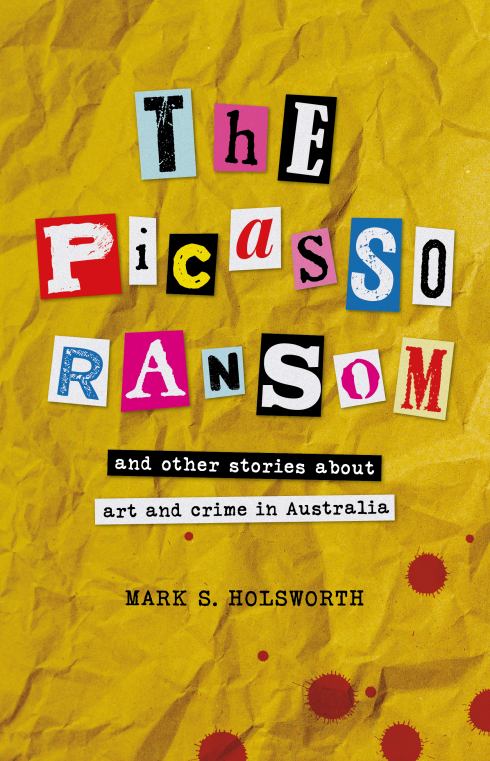Unless you know what you hate you cannot understand what you love. You can’t turn you attention away from what you hate, you have to study it, understand it, even to delight in your passionate hatred. When I saw J.B. Greuze’s headstone in Montmartre cemetery, I wanted to dance on his grave, I wanted to spit on his grave – instead I took a photograph of it. It is awful like his art, adorned with a bronze statue modelled from his painting, “The Broken Pitcher”. This kitsch addition to his tomb reminds me of J.B. Greuze’s worst painting and exactly why it is so awful.
It is not that J.B. Greuze (1725-1805) is a bad painter; at one time he was regarded as the best painter in the world. Denis Diderot praised him for paintings that “arouse in our hearts hatred of vice and a love of virtue.” (Quoted in Eliza Pollard, Boucher and Greuze, 1904, p. 44) but the critics soon came to their senses. It is Greuze’s subject matter that is disgusting; the loss of virginity in a metaphor as crude as a broken pitcher is just awful. Greuze painted other domestic tragedies with allusions to loss virginity. The hypocrisy of hectoring with a painting espousing virtue with intentions that are basically sordid might have fooled some deluded people for a while but it couldn’t last.
Considering J.B. Greuze’s concentration on images pubescent girls in comparison to the photographs of Bill Henson. I realize that Henson’s neutral moral view in his photographs disturbs some people because it forces the moral interpretation back on the viewer. The kind of people who find Henson’s photographs disgusting lack the ability to make moral judgements themselves and want others to provide moral dictates. Greuze’s moral position is clear, he looks at a young woman who has lost her virginity as ruined; I hate him for being a willing proponent of this kind of thinking. He is the 18th century equivalent of the kind of warning used in advertisements about teenage alcohol abuse.
Virtues may well a reflection of a cultures values but that doesn’t mean that all of the values are ethical, coherent or desirable for all times. Espousing virtuous sentiments are too often a mask for a lack of any core ethical behaviour; J.B. Greuze’s paintings have the feel of a pious priest who sexual abuses children.
I can understand that once people were fooled by Greurze’s paintings. But I can’t understand why J.B. Greuze still has followers who still leave flowers on his grave, why does anyone still like his art? Was it some half-crazed, cloistered, post-graduate student of art history who had to express admiration for the artist?
I don’t hate many artists as completely as I hate J.B. Greuze; I also hate Ellsworth Kelly but for completely different reasons, mostly for the waste of my energy walking past his enormously large and vacuous paintings.


